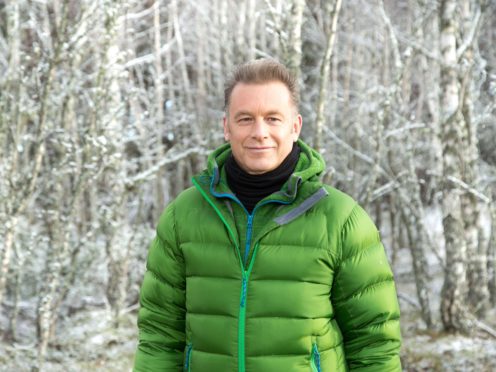A live Winterwatch episode has been powered entirely by green hydrogen fuel and energy saving batteries.
Live outdoor productions traditionally use diesel generators because of the amount of power needed.
Tuesday evening’s instalment of Winterwatch, which is presented by Chris Packham, Gillian Burke and Iolo Williams, was powered differently.
Julian Hector, head of BBC Studios Natural History Unit, said: “Everyone … is punching the air at the prospect of finding a way to make our productions more sustainable.
It’s time to relax with a gorgeous mindful moment. Join us and listen to the calm sounds of Derwent Water’s lapping water and wildlife, as you unwind with some beautiful scenery. 🤍🐾
🎥 James Appleton #Winterwatch ❄️ pic.twitter.com/tCyihWUEr6
— BBC Springwatch (@BBCSpringwatch) January 26, 2021
“This is a superb development for us and the environment, and exactly the kind of thing we want to do more of.”
The episode of the BBC Two show looked at how animals survive the “harshest of seasons”.
BBC Studios said using green hydrogen and energy saving batteries during one live episode avoided 3.3 tonnes of carbon emissions.
Producing one hour of TV produces an average 9.2 tonnes of carbon emissions, according to previous research.
Plans are in place to bring back the use of green hydrogen for future series.
We've been having some amazing sightings on the #Winterwatch live cameras – from snowy scenes in the New Forest, to starlings in Aberystwyth, to otters on the River Ness. Catch all of the action from 10am to 10pm until 9pm on Friday 29th Jan at https://t.co/1QommEXjuw pic.twitter.com/8NKeLoMo39
— BBC Springwatch (@BBCSpringwatch) January 26, 2021
“The hydrogen generator uses hydrogen gas made by splitting water into hydrogen and oxygen using electricity generated by solar and wind power,” BBC Studios said.
“When used the hydrogen turns back into pure and drinkable water, meaning that the ‘exhaust’ is emissions and waste free and the process is entirely circular.”
The Natural History Unit says it has committed to hiring local crews on location to reduce flying teams around the world, using drones instead of helicopters for aerial footage, and using methanol fuel cells to power remote cameras.
